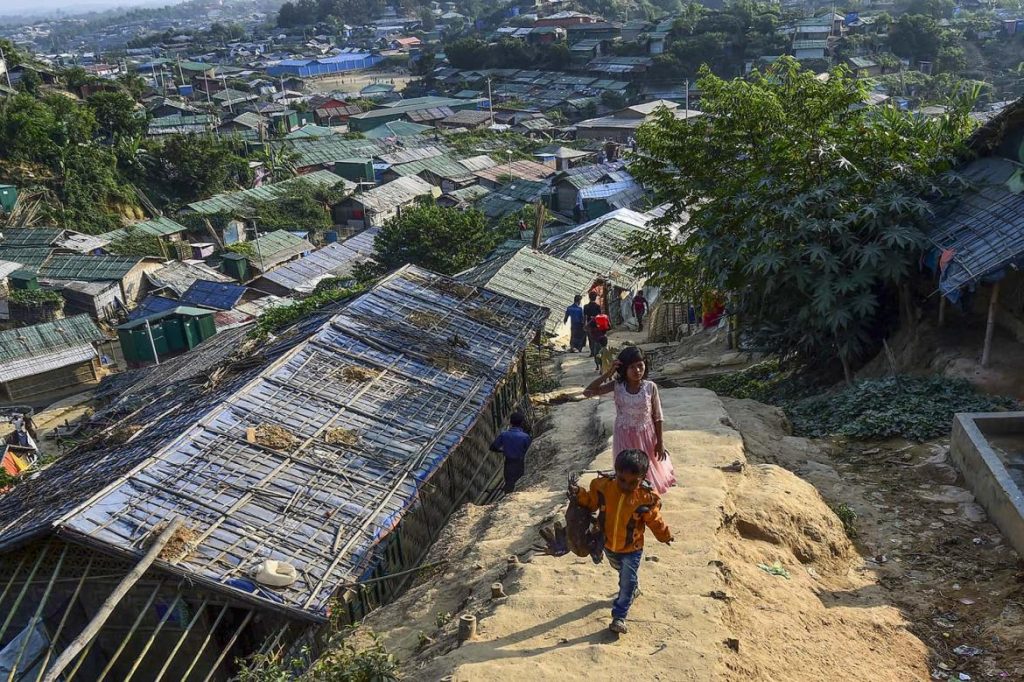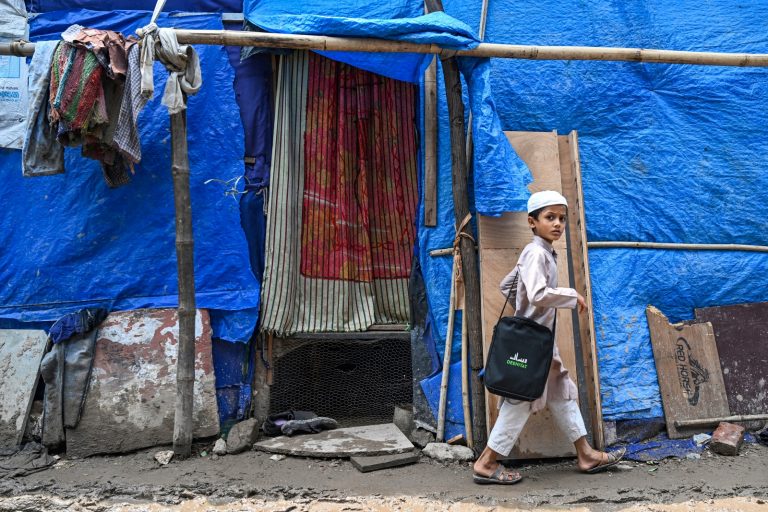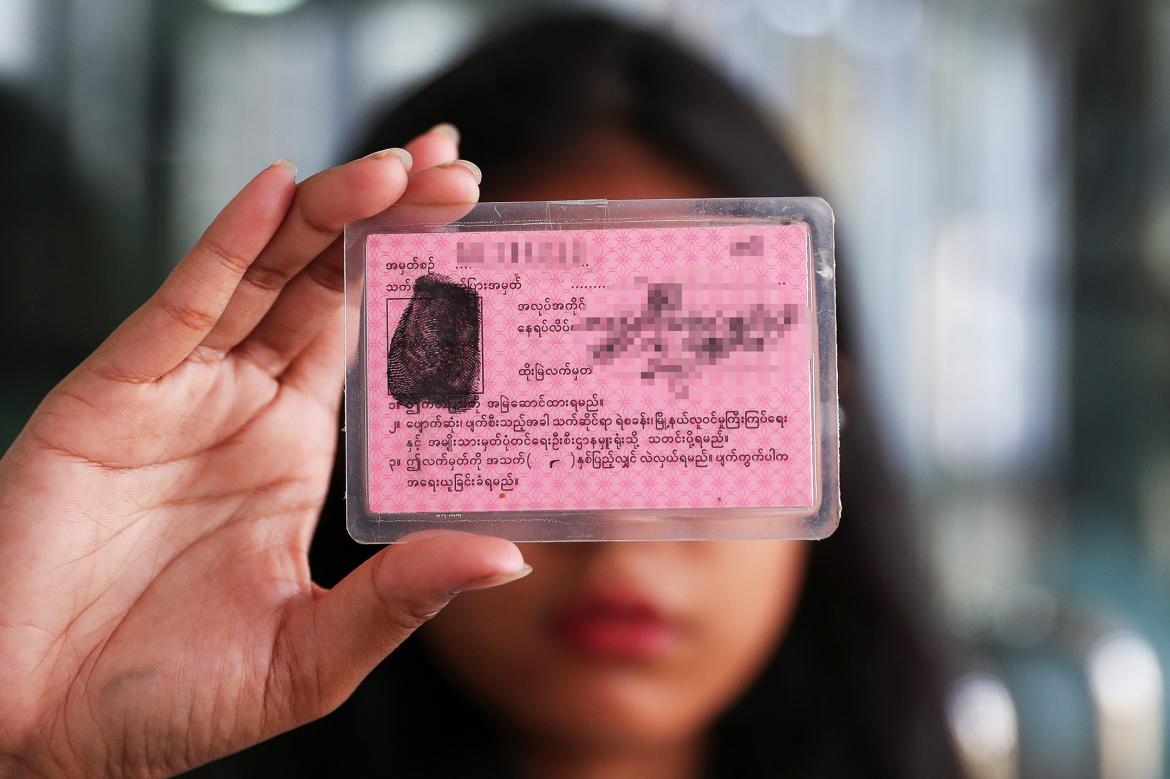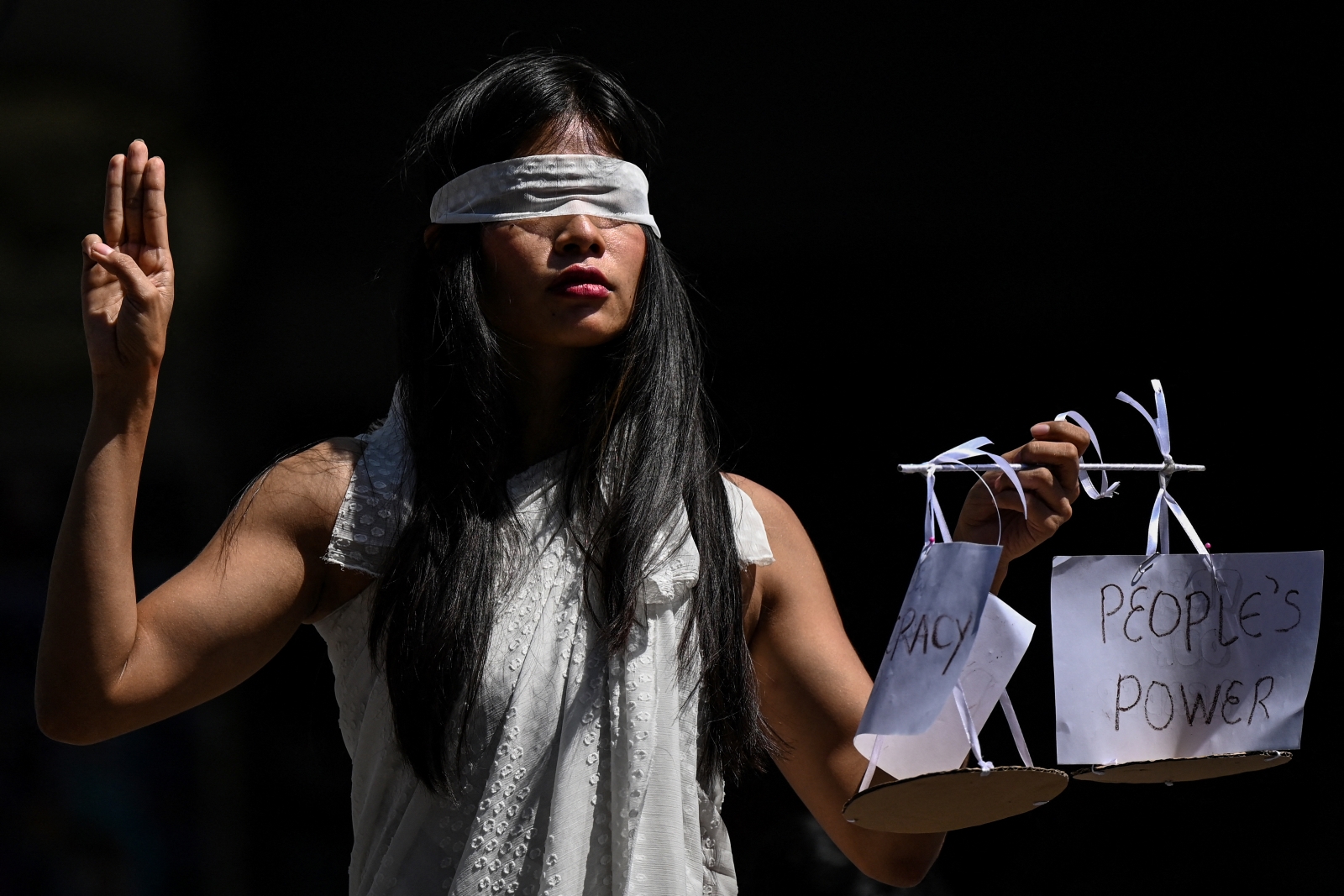By ANDREW NACHEMSON | FRONTIER
YANGON — The Gambia and Myanmar both gave their closing statements on provisional measures yesterday before the International Court of Justice, with Myanmar failing to directly respond to many of The Gambia’s most compelling arguments.
Daw Aung San Suu Kyi is defending accusations of genocide filed by The Gambia, on behalf of the Organisation of Islamic Cooperation. The hearings began with arguments from The Gambia on Tuesday, followed by a response from Myanmar on Wednesday, and closing statements from both on Thursday.
The Gambia argued that provisional measures must be adopted immediately, because the threshold for adopting these measures is lower than the threshold needed to actually prove genocide. The court will rule on whether to adopt provisional measures “as soon as possible”, ICJ president Abdulqawi Yusuf said yesterday.
The provisional measures would demand that Myanmar take action to prevent further genocide, not destroy any evidence related to previous acts of genocide, take no action to “aggravate” the existing dispute, and file a report at the end of four months on the efforts made to complete these demands.
Support more independent journalism like this. Sign up to be a Frontier member.
Taking the stand yesterday, Mr Philippe Sands from The Gambia’s team countered Myanmar’s key argument from Wednesday, that the court must dismiss the case if there is another reasonable inference apart from genocide.
Sands argued that The Gambia did not need to show intent at this stage, only make a strong enough case to invoke provisional measures. Sands also said that genocide and other crimes such as forced deportation could take place “simultaneously” and that one does not preclude the other.
Mr William Schabas, a lawyer for Myanmar, did not dispute that The Gambia had reached the court’s threshold for provisional measures, but seemed to take issue with the low threshold itself. There is a “problem”, he said, “with a legal mechanism” that has a low standard for provisional measures, but a very high standard for proving the “merits”. The merits in this case is the accusation of genocide.
Both Sands and Mr Paul Reichler, another member of The Gambia team, criticised Myanmar for ignoring the topic of sexual violence, which is often used as a key indicator of genocidal intent.
Reichler said: “We heard nothing about sexual violence from Myanmar yesterday. Not a single word about it. Not from the agent from any of their counsel. Because it is undeniable and unspeakable, they chose to ignore it completely. I can’t really blame them. I would hate to be the one having to defend it.”
In perhaps the most dramatic moment of the three days of hearings, Sands personally targeted Aung San Suu Kyi, who looked visibly more uncomfortable on Thursday than on the previous two days. “The word ‘rape’ did not once pass the lips of the agent … Madame agent, your silence said far more than your words,” he said.
Only Schabas from Myanmar’s delegation made one fleeting reference to the allegations of widespread sexual violence yesterday, calling it “a phenomenon that regrettably occurs in many parts of the world and that we all condemn unequivocally.”
In his testimony, Reichler listed seven primary indicators of genocide, which he argued were all present in Myanmar, including sexual violence.
Much of Schabas’s presentation yesterday focused on the fact that the human rights abuses that allegedly took place in Myanmar happen in many other places too.
He said that using Myanmar’s pardon of soldiers convicted of killing 10 Rohingya in Rakhine State’s Inn Din village – which The Gambia cited as evidence that Myanmar could not undertake a genuine investigation – had a “whiff of hypocrisy” because many countries pardon perpetrators.
“Let he who is without sin cast the first stone,” he said.
He did not, however, comment on the significance of The Gambia’s argument that all seven primary indicators of genocide were present at the same time.
Reichler also dismissed the notion that Myanmar is serious about prosecuting those responsible for the violence against the Rohingya, questioning how the military could prosecute itself when six of its top generals, including Senior General Min Aung Hlaing and his deputy, Vice Senior General Soe Win, have been accused of genocide.
Disappointment in Cox’s Bazar
Many Rohingya in the refugee camps in Bangladesh were doing their best to follow the proceedings, despite spotty internet access – an intentional measure taken by Bangladeshi authorities, which Ro Khin Maung wrote about here.
Khin Maung, who is the executive director of the Rohingya Youth Association, took aim at Aung San Suu Kyi in an interview with Frontier after the hearings concluded.
“Even she did not use the word Rohingya. The Gambia lawyer explained that’s a basic denial of human rights,” he said.
“Aung San Suu Ky, an international democracy icon, the famous leader in Myanmar, denies our rights in the International Court of Justice,” he said, adding that her defence of the military at the ICJ is “proof that Aung San Suu Kyi is part of the genocide”.
In an effort to illustrate how much progress had been made, Aung San Suu Kyi in her final arguments presented an anecdote of a recent football match in Rakhine’s Maungdaw Township.
“Players and spectators are a mix of different communities from Maungdaw Township, the area at the centre of the 2016-2017 internal armed conflict in Rakhine. Adults and children, proud enthusiastic, laughing and most important of all, together. This is what we’re striving to nurture in Rakhine,” she said.
Khin Maung said he believes that Aung San Suu Kyi’s rhetoric about “harmony and social cohesion” is “not real”.
His comments are supported by the focus by some National League for Democracy members – if not the party itself – on whipping up nationalist support, rather than explaining the procedure of the ICJ to the public.
Many who turned out to support Aung San Suu Kyi in Yangon rallies seemed to believe that individual Myanmar citizens will be impacted by a negative ruling. This mistaken belief may be likely to breed further resentment against the Rohingya, and the NLD has done little to correct it.
Khin Maung, who has been living in Camp-13 in Cox’s Bazar for two years since fleeing Myanmar, said that he had heard witness accounts of massacres from Rohingya refugees that remain unreported. “I know the real suffering,” he said.
He said he hoped that the provisional measures would be adopted soon and that Myanmar would stop hiding the truth.
“This is my country. I’m from there, I miss my country, but I want to tell my country they should do something. They’re always trying to cover up.”







